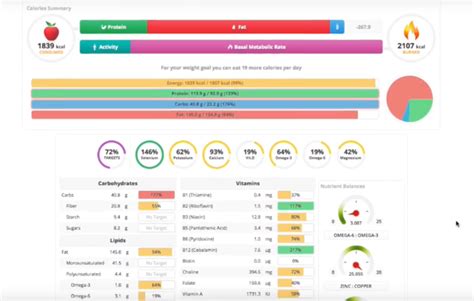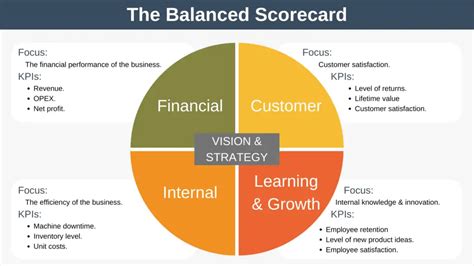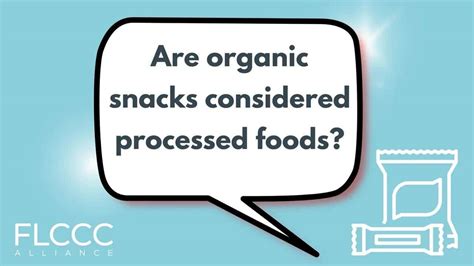Optimal diet to crush fatigue & fuel sustained daily performance?

In our demanding modern world, feeling constantly tired and struggling to maintain focus can severely hinder productivity and overall quality of life. The good news is that a powerful solution often lies right on your plate. Your diet is not just about sustenance; it’s the fundamental fuel system that dictates your energy levels, cognitive function, and physical stamina throughout the day. By making informed nutritional choices, you can transform persistent fatigue into vibrant, sustained daily performance.
The Cornerstone: Balanced Macronutrients
To truly crush fatigue and fuel performance, your diet must provide a steady supply of energy from a balanced array of macronutrients: carbohydrates, proteins, and fats. Carbohydrates are your body’s primary energy source, but the type matters. Opt for complex carbohydrates like whole grains, fruits, and vegetables, which release glucose slowly into the bloodstream, preventing energy spikes and crashes.
Protein is essential for muscle repair, hormone production, and satiety, helping to stabilize blood sugar and prevent hunger-induced fatigue. Include lean protein sources such as chicken, fish, legumes, eggs, and dairy in every meal. Healthy fats, often misunderstood, are vital for long-term energy, hormone balance, and nutrient absorption. Sources like avocados, nuts, seeds, and olive oil provide concentrated energy and help you feel fuller for longer.

Embrace Whole, Unprocessed Foods
One of the most impactful dietary shifts you can make is prioritizing whole, unprocessed foods. These foods retain their natural vitamins, minerals, fiber, and antioxidants, which are crucial for cellular energy production and overall vitality. Processed foods, on the other hand, are often stripped of nutrients and loaded with refined sugars, unhealthy fats, and artificial additives that can lead to inflammation, digestive issues, and severe energy dips.
Build your meals around nutrient-dense choices: a rainbow of vegetables, fresh fruits, lean proteins, whole grains like quinoa or brown rice, and healthy fats. This approach ensures a steady influx of essential nutrients, supporting sustained energy without the detrimental effects of highly processed alternatives.
The Power of Hydration and Micronutrients
Often overlooked, adequate hydration is paramount for energy and cognitive function. Even mild dehydration can lead to fatigue, headaches, and impaired concentration. Aim to drink plenty of water throughout the day, and consider incorporating herbal teas or infused water to stay hydrated and refreshed.
Beyond macronutrients, a wide array of vitamins and minerals—micronutrients—play critical roles in energy metabolism. B vitamins, iron, magnesium, and vitamin D are particularly important. You can ensure adequate intake by consuming a diverse diet rich in fruits, vegetables, nuts, seeds, and lean meats. If you have dietary restrictions or specific deficiencies, consulting a healthcare professional about supplements may be beneficial.

Strategic Meal Timing & Frequency
How and when you eat can be as important as what you eat. Spreading your food intake across 3 main meals and 1-2 healthy snacks can help maintain stable blood sugar levels and prevent energy crashes. Avoid skipping meals, especially breakfast, as this can kickstart your day with a deficit, leading to mid-morning fatigue and overeating later.
Listen to your body’s hunger cues and plan your meals and snacks to anticipate energy demands. For example, a balanced snack before a workout or a mid-afternoon slump can provide the necessary boost without overfilling you. Prioritize consistent eating patterns to keep your metabolism humming and energy flowing steadily.

Foods to Limit or Avoid for Peak Energy
While focusing on what to eat is important, understanding what to limit or avoid is equally crucial. Refined sugars found in sodas, candies, and many baked goods cause rapid blood sugar spikes followed by dramatic crashes, leaving you feeling more tired than before. Highly processed foods, often high in unhealthy fats and sodium, can bog down your digestive system and contribute to sluggishness.
Excessive caffeine, while offering a temporary lift, can disrupt sleep patterns and lead to a dependency cycle that ultimately exacerbates fatigue. Alcohol, a depressant, negatively impacts sleep quality and energy levels, even in moderate amounts. Reducing your intake of these items will significantly improve your baseline energy and overall well-being.

Practical Steps for a Performance-Boosting Diet
- Plan Ahead: Meal prepping and planning snacks for the week can prevent last-minute, unhealthy choices when fatigue strikes.
- Listen to Your Body: Pay attention to how different foods make you feel. Do certain foods lead to a slump? Adjust accordingly.
- Prioritize Sleep: While diet is key, adequate sleep works synergistically to restore energy and mental clarity.
- Seek Professional Guidance: If you struggle with chronic fatigue despite dietary changes, consult a nutritionist or doctor to rule out underlying conditions or create a personalized plan.
Transforming your diet is a powerful step towards unlocking sustained energy and peak daily performance. By focusing on whole, balanced meals, staying hydrated, and being mindful of what you consume, you can move beyond persistent fatigue and embrace a life filled with vitality and focus. Start making small, sustainable changes today, and experience the profound impact on your energy, mood, and overall productivity.








